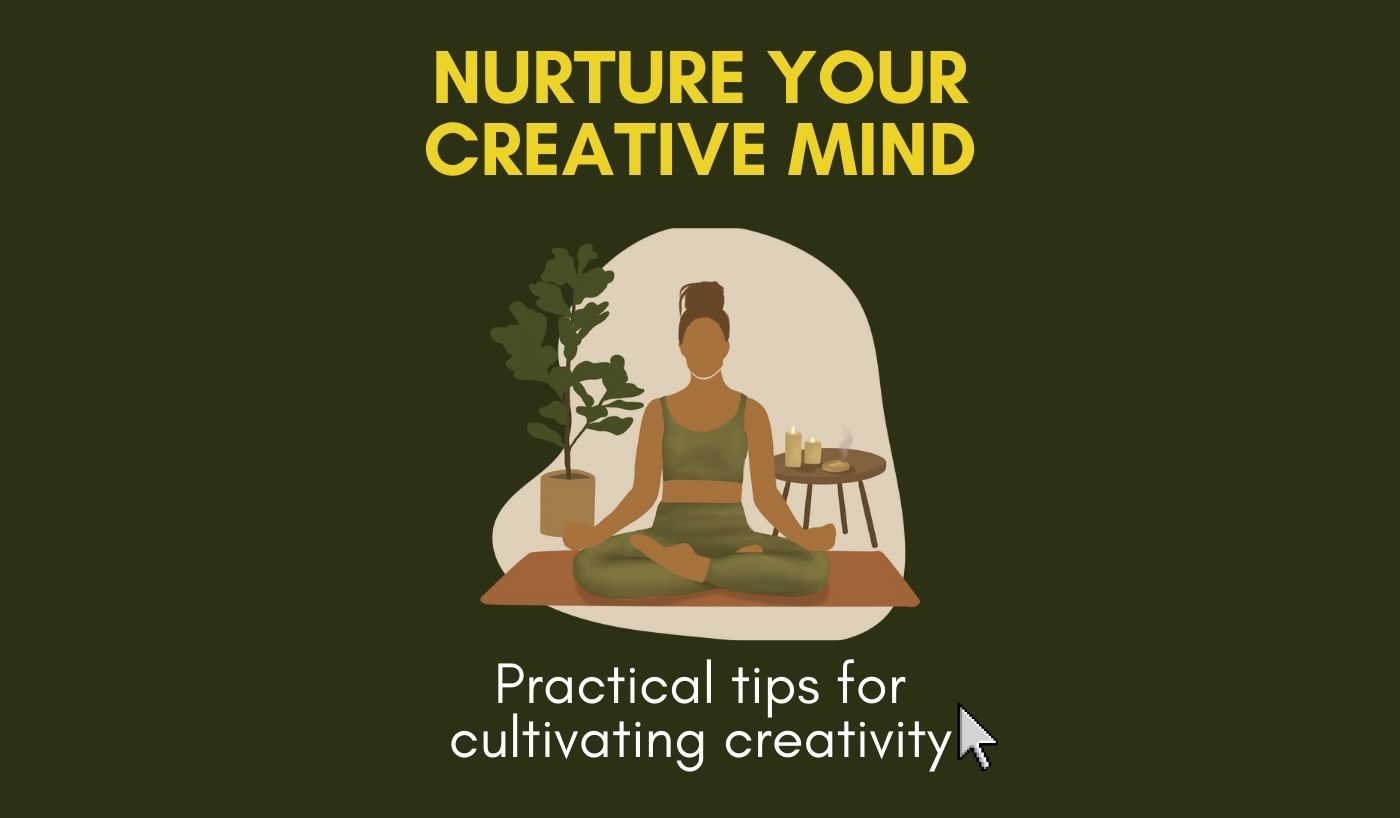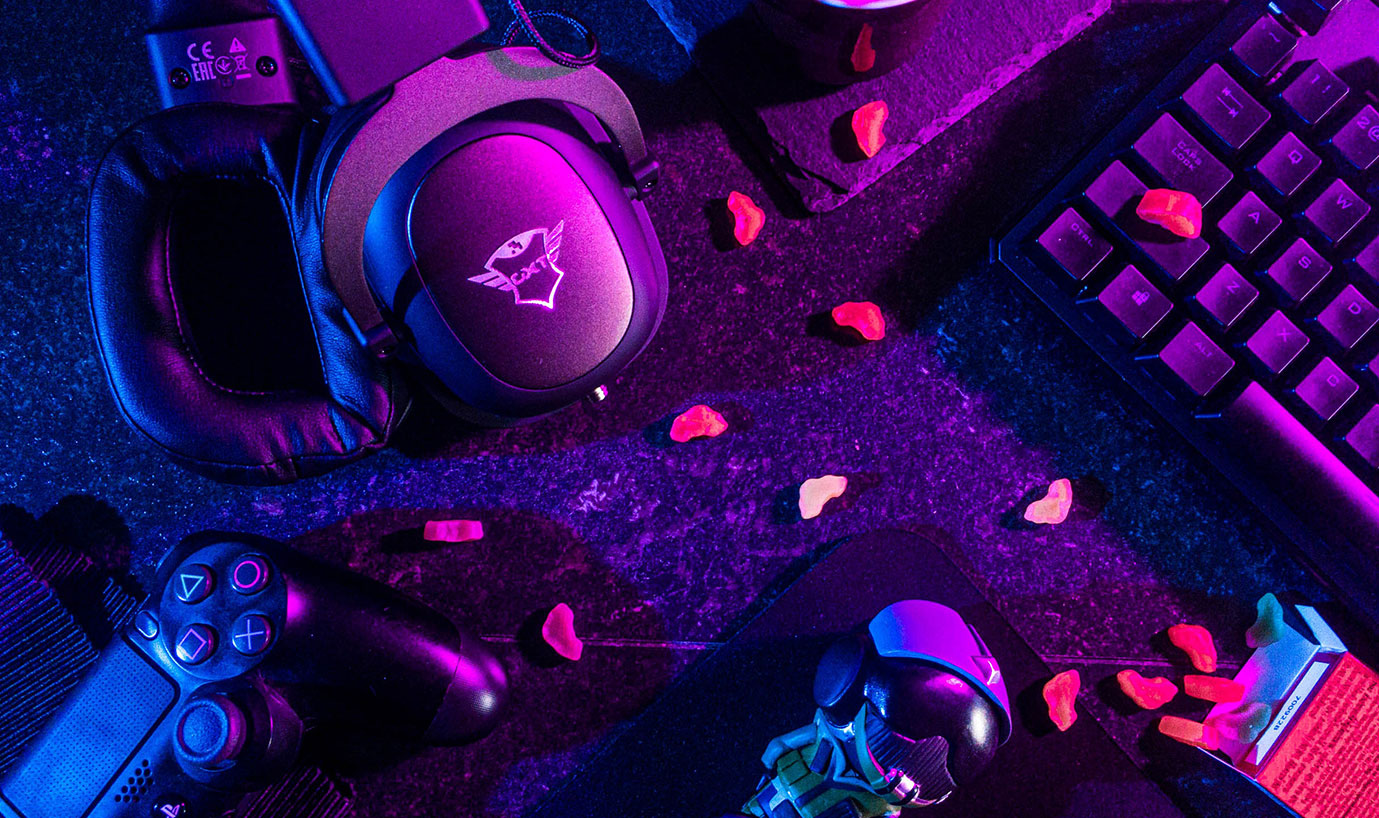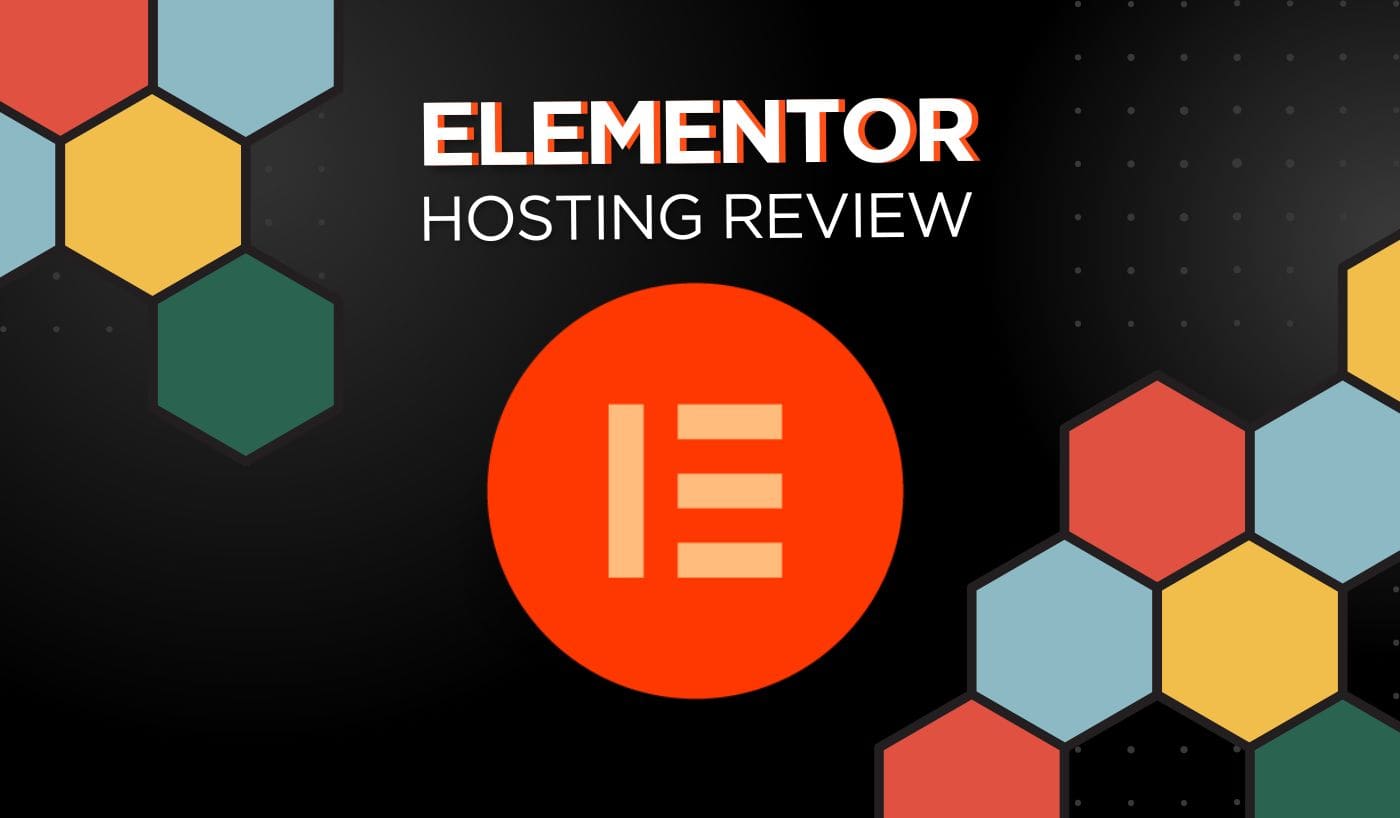An inventive mind is critical for one’s capacity to solve issues, grow personally, and be healthy. It promotes creativity by allowing individuals to explore innovative ideas and perspectives. Fostering creativity encourages unique approaches and solutions, whether in creative activities or problem-solving situations. Thinking effectively increases problem-solving abilities by allowing people to think creatively and bring innovative solutions to difficulties. Improving one’s creativity also allows one to express oneself more fully and authentically.
It promotes the development of an individual’s sense of self and ability to communicate ideas and feelings clearly, which are necessary for interpersonal and professional relationships. Furthermore, creative activities such as writing, drawing, or producing music encourage people’s self-awareness and personal growth. Individuals can explore their ideas, feelings, and experiences through self-expression, revealing their deep depths.
6 Tips for Cultivating Creativity in Everyday Life
1. Improve Your Observation Skills
Sharpening your observational skills is critical for developing your creative side. Spend time analyzing your surroundings and concentrating on the details that catch your eye. Because everyone has a unique view of the world, folks who are more observant than you may inspire your creative undertakings. Leonardo da Vinci famously stated, “The joy of understanding is the noblest pleasure.”

Take a moment to analyze the image provided above, for example. What details come to mind? Was it the azure sky, the pigeons hovering, or their white feathers? Perhaps you also saw the two kids that were participating in the event. The beauty of observation is that everyone perceives things differently depending on their experiences and areas of interest.
This is where you can get inspiration for your work. I frequently incorporate elements from people I’ve observed into my characters. It’s become second nature to me. The artwork on the photo was inspired by the likenesses of my Facebook friends, who thankfully consented to be featured. By observing and capturing genuine people’s details, I can bring authenticity and distinctiveness to my artwork.
Admire Your Creative Ability
A solid grasp of any topic is not enough; true genius needs more. Wolfgang Amadeus Mozart comes to mind as a composer. Those skilled in their craft were thought to attract a divine muse, or “genie,” in ancient Greece. This genie would direct their every move, allowing them to produce incredible work. Failure was commonly blamed on the genie’s absence, absolving humans of personal responsibility.

From an early age, his father fostered his son’s interest in music, offering all the encouragement and equipment he needed to develop his talent. Moreover, Mozart’s hands grew damaged from the long hours he spent creating and playing music, yet his unwavering dedication and hard work allowed him to achieve incredible expertise. Mozart wrote to his friend, “People who think my work comes easily to me… Nobody, my dear friend, has given as much time and thought to composing as I have.”
This letter demonstrates Mozart’s commitment and hard work. Similarly, modern culture regards “talent” as the key to success. However, rather than being an underlying magical feature bestowed upon us, ability is influenced by enormous factors. A mix of early experience, physical features, and environmental stimulation shapes our abilities.
Enough time, hard work, and adequate training are required to feed your creative “genie.” To unleash your creative genius, follow in Mozart’s footsteps by studying prior artists and perfecting their work.
Get Rid of Mental Clutter
Social media platforms provide a plethora of inspiration, a way to share our work, and a way to interact with people in the digital world. They might, however, become significant diversions. Have you ever considered how much time you’ve squandered idly scrolling through your social media feeds? I made the same epiphany when I had to go a week without using my phone since I had misplaced my charger. Being isolated from the internet felt strange, but it allowed me to explore interests I’d never pursued and engage in events I’d put off.
During my daily commute, I finished a book and even made some sketches. As a result of this occurrence, I realized how much time I had been squandering on distractions.
![]()
Moreover, I recommend experimenting with periodic breaks from social media and other digital platforms, but I do not suggest abandoning them. Consider the advantages of a week or two away from these temptations for your artistic activities. A few fundamental factors are required for an efficient creative process balance; inspiration, concentration, uninterrupted time, and knowledge and skill.
While you may discover inspiration in your surroundings, knowledge, and competence are gained via your education and interests. Nonetheless, devoted time spent alone is usually lacking.
If you don’t have this uninterrupted time, it’s incorrect to blame your artistic struggles on a lack of aptitude or inspiration. Moreover, the underlying issue isn’t having enough hours for your creative pursuits. Always remember to prioritize your creative aims and to clear your mind of unnecessary distractions.
Implement Customs
We all have our routines, whether we realize it or not. These rituals are critical for generating and expressing our creativity. Consider finding or developing new habits that assist your creative zeal. Taking a midday shower, for example, is one of my main habits. Though it may appear an unusual time to shower, I’ve discovered that singing underwater generates my best thoughts. Whenever inspiration strikes, I dodge the shower and write down my thoughts.

Rituals help in the building of habits that aid in our creative endeavors. The first step is to identify and commit to a daily job. Remind yourself of the benefits of these habits and how they help you be more creative. Your habits will become second nature with time, improving your ability to stay motivated and focused.
Overcome Your Art Blocks
Art barriers may be disappointing and unpleasant for creative individuals. However, it is critical to understand that having an artistic block does not imply that you are uncreative or stuck. In reality, it demonstrates that you are on the correct track. Consider your journey in three stages: your perceived level of competence, current skill level, and ability to detect faults. When you can spot faults better than you can, it’s natural to feel overwhelmed and dissatisfied with your employment. When you are confident in your talents and knowledge, it implies that you have caught up.
:max_bytes(150000):strip_icc()/most-common-phobias-4136563_final2-5b32adb946e0fb003726204e.png)
Remember that progress and growth involve difficulties. Accept these differences as signs of progress, and don’t be frightened of stagnation. There is no such thing as going backward on your creative journey. In the end, every challenge and adversity make you a better artist.
Face Your Fears
Our creative endeavors may be impeded by fear and self-doubt, preventing us from reaching our full potential. It is vital to acknowledge and confront these fears. Fears common among creative individuals include questioning their abilities, wondering if their work has already been done, and worrying about whether others will like it. However, failing and making mistakes are unavoidable parts of the creative process. Accept these setbacks as learning experiences and chances to improve.

Don’t stick to your original strategy perfectly and quit after only one try. Have the courage to attempt new things and be creative. Worries are usually the driving force behind your best work. Accept that there is no such thing as perfection and that making mistakes is an essential learning process. Accepting and learning from your errors will help you become more resilient and improve as an artist.
Never forget that your audience is a significant part of your creative process. While it is natural to want praise and recognition on the internet, you must arm yourself against negative comments and other distractions. Communication with supportive peers and searching for constructive feedback will help you improve.
To Sum Up!
In conclusion, developing an inventive mind has many benefits for mental health, adaptability, self-expression, problem-solving, and personal development. You may develop, create, and flourish in many areas when encouraged to think creatively and engage in creative endeavors with guidelines. Use these pointers to develop and support your creativity on a daily basis.
You will realize your entire creative potential and reach new heights in your artistic path if you are committed, resilient, and willing to embrace your routines, get over obstacles in the way of your work, and face your anxieties.
Now that you have these helpful recommendations, it’s time to act! You’ll notice an improvement in your creative flow and the appearance of novel ideas when you use these tactics. Now, feel free to express your creativity!




